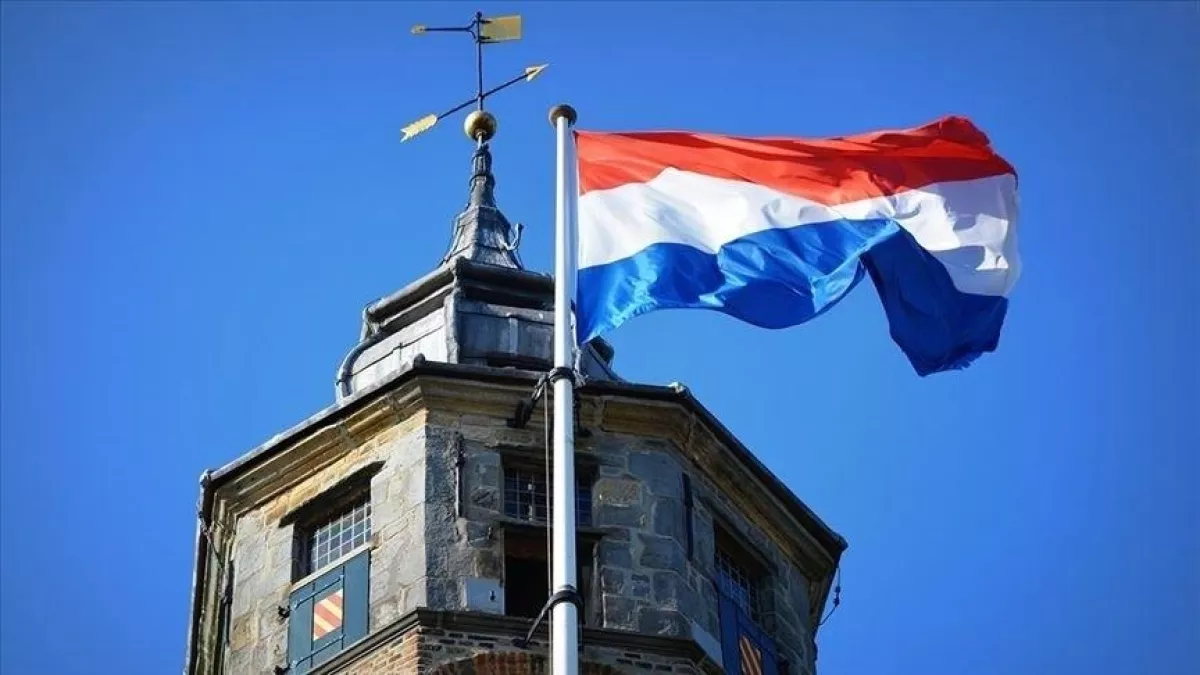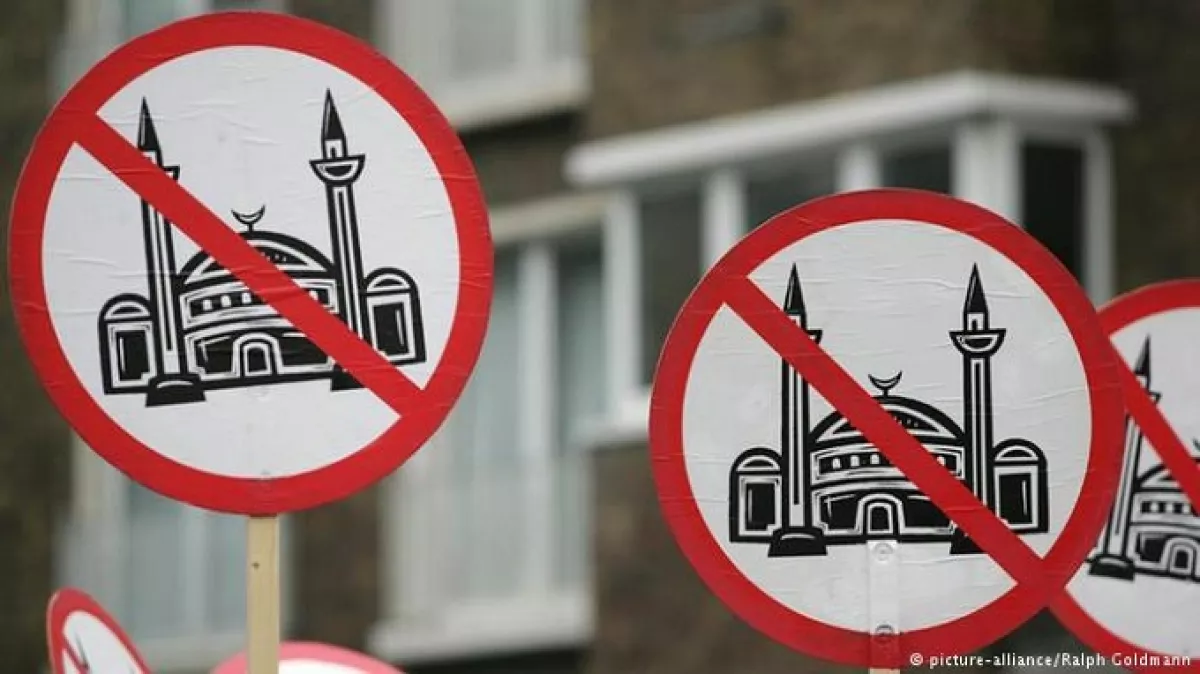Armenian roots of Dutch "revival" Amsterdam’s foreign policy blunder
A surprising news update has come from the Kingdom of the Netherlands. The Dutch government has officially announced its intention to support Armenia. Previously, this support was expressed through individual statements by legislators or resolutions, but now it is formalized at the level of the national foreign policy strategy.
The Dutch government has presented a new foreign policy strategy to parliament, which includes support for Armenia. This aid is mentioned as part of assisting countries that are "in a vulnerable position." The project also envisions strengthening Armenia’s ties with the EU, with a focus on economic and transportation programs such as Global Gateway, as well as other EU-funded initiatives. The document includes provisions for Armenia to utilize EU support to modernize its infrastructure and enhance regional transportation links, using the allocated funds and programs.
Finally, the strategy contains a rather controversial passage justifying the kingdom's new foreign policy directions: “The regional situation in the Middle East has seriously deteriorated following the terrorist attack by Hamas on Israel on October 7, 2023, and the subsequent violence in Gaza. In other parts of the broad neighboring region of Europe, unrest and conflicts have also increased, as seen in the case of the ‘seizure of Nagorno-Karabakh.’”

It should be noted that, as mentioned earlier, the Dutch have previously demonstrated disregard for Azerbaijan's territorial integrity at various levels, but now they have surpassed even the French in this regard. Despite all the hostile actions against our country, official Paris has yet to question the status of Karabakh. Yes, the legislative bodies, such as the National Assembly and the Senate, have called on the government to recognize the so-called “Nagorno Karabakh Republic,” but the executive branch, which has the authority to recognize or not recognize states, wisely chose not to do so.
In the Netherlands, however, the government is talking about the “seizure of Nagorno-Karabakh.” This means that the Netherlands, alongside Armenia, is the first to question Azerbaijan’s territorial integrity. The fact that this is happening after Azerbaijan has resolved the Karabakh conflict, and Azerbaijani students are already studying in Khankendi, indicates that the Islamophobic Dutch government is chafing at how European civilization missed the return of Azerbaijanis to Karabakh and the fiasco of “Miatsum” (unification).
The danger of such actions is not that the Netherlands might directly harm Azerbaijan, but that they create an illusion of the possibility of a comeback within Armenian society and fuel radical sentiments.
Apparently, this is the main goal of European benefactors of Armenia—to prevent it from reconciling peacefully with Azerbaijan and Türkiye and to maintain Armenia as a perpetual source of conflict in the South Caucasus.

Moreover, the Netherlands is one of the most Islamophobic and Turkophobic countries in Europe. This likely reflects a desire to project this energy of hatred onto the international stage. By including such points in their foreign policy strategy, the Dutch appear to be signaling to the world that they have specific geopolitical ambitions and even value orientations. Until recently, the image of Dutch subjects was primarily that of successful merchants rather than “the bludgeon of the civilized world.” Now, they seem to want to assume that role.
Interestingly, while condemning Azerbaijan’s restoration of territorial integrity, Amsterdam continues to manage its colonies located thousands of kilometers away from the Netherlands without any issues. In the new program presented by the government, it is stated that “legislation and strategic initiatives will be implemented on the islands of Bonaire, Sint Eustatius, and Saba aimed at enhancing the well-being of the islands based on principles of good governance and cooperation. To this end, a General Administrative Act will be prepared, with an approach that involves the principle of ‘comply and explain.’”
The Baku Initiative Group (BIG), which condemned the Dutch government's new program, stated: "Thus, the right-wing nationalist new Dutch cabinet is preparing to continue the colonial policies of the previous government. The peoples fighting for their freedom, including the island of Bonaire, plan to present a draft resolution to the UN General Assembly in October of this year, calling for the island to be re-listed among the UN territories that need to be decolonized. The Baku Initiative Group demands that the Dutch government respect the freedom of peoples and not obstruct the islands' struggle for independence within international organizations."
It is anticipated that the Dutch government will soon be held accountable for its colonial practices, making its interference in South Caucasus affairs seem particularly absurd.








